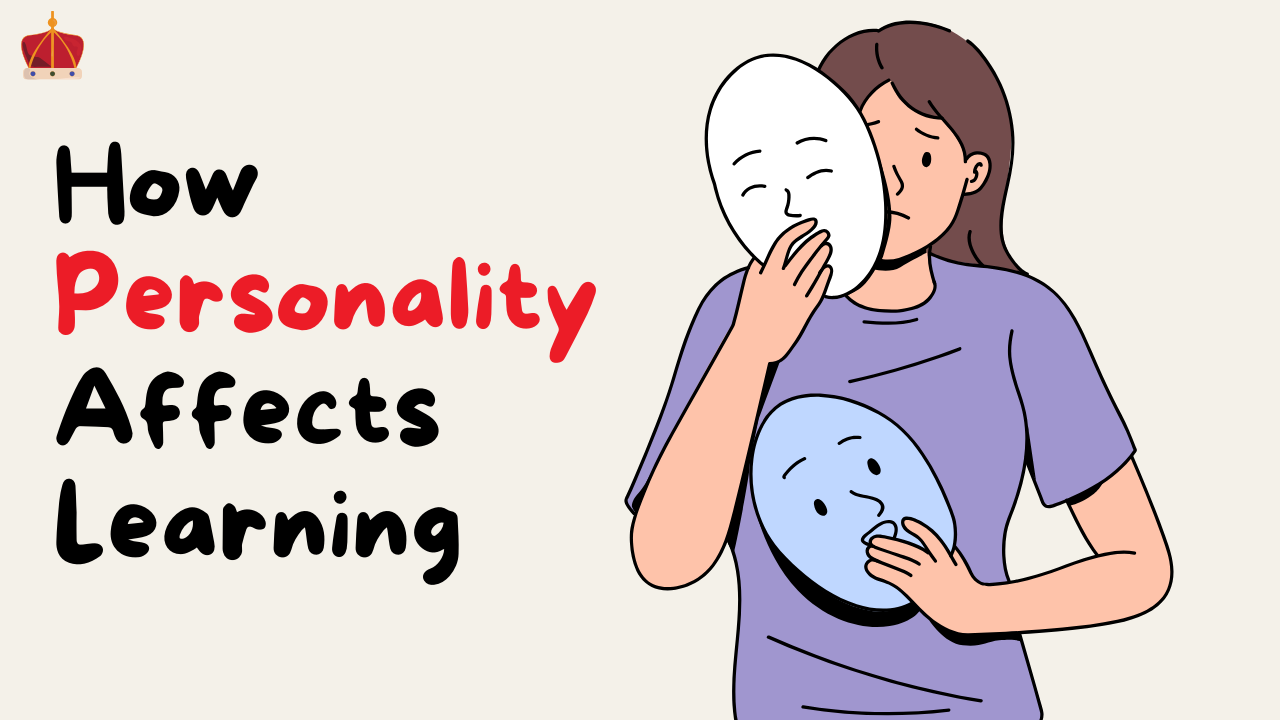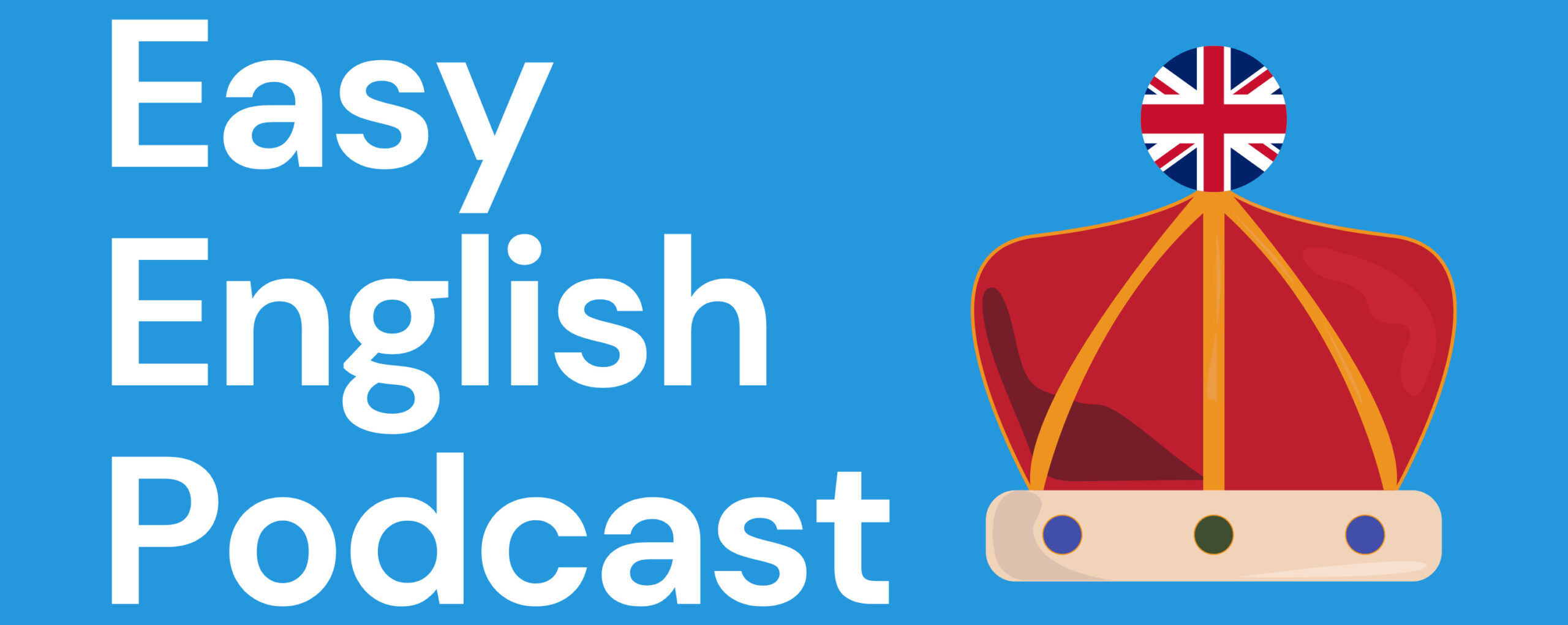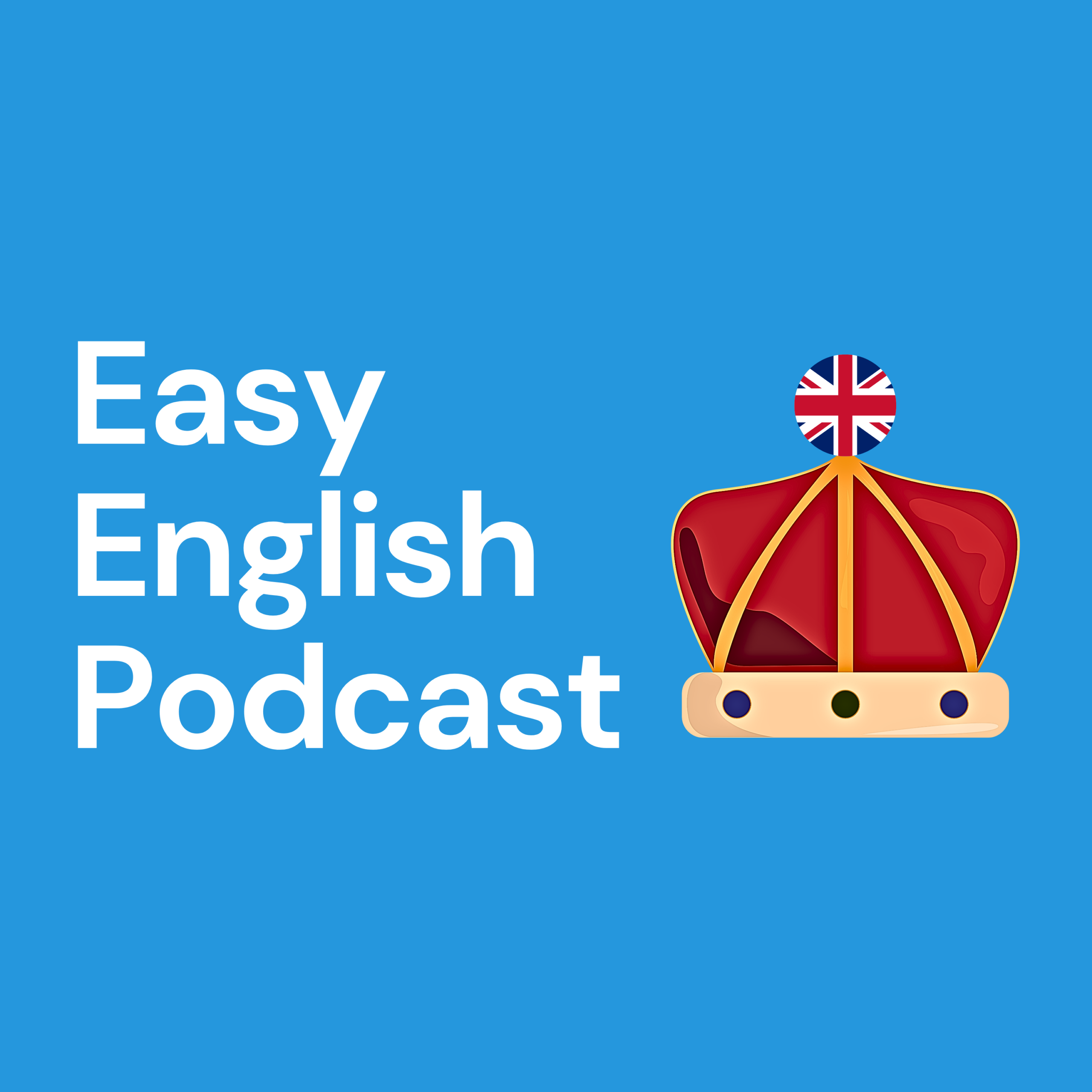
Does Your Personality Affect Your English Learning?
Hey everyone, and welcome back to the Easy English Blog. Today we have a very interesting topic—one that might actually change the way that you personally approach learning, especially learning English. We are talking about personality and how it affects the way that we learn.
Have you ever noticed that some people just love studying, and others prefer to do other activities alongside studying? Maybe listening to music or having some background noise? Likewise, some people love studying with others—group studying or studying in pairs—while others like to do it alone. Or have you noticed that some people love speaking a new language immediately when they start to learn, while others hesitate and wait a while?
All of these are because the way that we learn is deeply connected to our personalities. So we’re going to dive into it today and see how an understanding of yourself can actually help you to learn more effectively.
How Your Learning Style Reflects Your Personality
Alright, so we’re going to start with a very simple question, and I want you to answer honestly. Have you ever struggled with learning something new and then later realized that maybe it just wasn’t the right approach for you?
For example, you were trying to force yourself into a method that didn’t match your natural way of thinking or learning. This happens much more often than we might think. Even nowadays, there is a lot of research that has been done on personality and learning. Some of these studies suggest that personality traits can influence almost anything—from motivation to memory retention. But it’s better for us to break it down in a way that makes sense for English learners like yourselves.
Introverts vs. Extroverts: How They Learn Differently
OK, so we’re going to start with one of the most well-known personality theories—the introvert versus extrovert idea. You’ve probably heard of this before.
- An introvert is someone who’s a little bit more closed off. They like their own time.
- An extrovert is very social, very outgoing. They get energy from being with others.
So if you’re an extrovert, you might love group discussions, speaking practice, and learning through interaction. You get energy from being around people and practicing in conversations.
But if you’re more introverted—like me, to be honest—you probably find those same situations quite difficult and maybe a little bit overwhelming. Perhaps you prefer reading, writing, and studying alone at your own pace.
Neither of these are right or wrong. It’s just about knowing what works best for you. Sometimes, our personalities don’t always help us. For example, if you’re an introvert, you just need to know to push a little bit more in those areas that are harder for you.
Common Personality Types and How They Learn Best
Let’s look at some common personality traits—features of personality—and how they can affect or shape the way that we learn. As I describe these to you, you might recognize yourself in one of them or maybe more.
1. The Analytical Thinker
- Needs structure.
- Loves breaking things down into logical steps.
- Thrives with grammar exercises, structured lessons, and detailed explanations.
- If this sounds like you, using language learning apps, textbooks, and planned study lessons could be very effective.
2. The Adventurer
- Learns best by doing.
- Sitting down with a textbook for hours feels like torture.
- Learns through experience.
- Instead of just doing vocabulary lists, should immerse themselves—watch movies in English, have real conversations, or travel if possible.
- Struggles with traditional study methods but picks things up naturally through exposure.
3. The Social Learner
- Loves discussing ideas, asking questions, and learning through conversation.
- Thrives in study groups, language exchanges, and speaking-based activities.
- Learning English might be easier when connecting with others who are also learning or already fluent.
4. The Independent Learner
- Prefers working alone and at their own pace.
- Does better with study techniques like podcasts, audiobooks, and solo writing exercises.
- Large group settings may be stressful, so self-study is often a better fit.
Different personalities naturally gravitate towards different ways of learning, and that’s absolutely fine. You might identify yourself in multiple of these categories—or maybe just one. These categories help illustrate different types of learners.
How to Study Smarter, Not Harder
Now that we understand how personality can play a role in learning, how can we actually use this information to study smarter rather than harder?
1. Identify Your Natural Learning Style
Take a look inwards. Identify your natural characteristics, habits, and tendencies.
- If you love rules and structure, don’t force yourself into an unplanned learning style.
- If you thrive in interactive and fun environments, don’t rely only on self-study and expect it to stay exciting.
2. Adapt Your Study Methods
- If you’re an introvert and dislike big speaking groups, instead of avoiding speaking altogether, find one-on-one speaking practice with a tutor or friend.
- If you’re an extrovert and find textbooks boring, join an English-speaking club and socialize while learning.
3. Give Yourself Permission to Learn Your Way
There is no single best way to learn English. What works for one person might not work for you—and that’s OK! Find what works for you and keep doing it.
My Personal Experience
For me, when I study languages, I’m quite introverted. I like to do a lot of reading, writing, and listening practice. The hardest part for me has always been speaking. I don’t really like going to speaking clubs or practicing with others because I feel like they might be judging me or noticing my mistakes.
But I have to force myself to speak. Over the years, I have had to talk to people, get language partners, and take lessons. Instead of a speaking club, I find one-on-one speaking much easier and more effective for me. My best method has been working with private tutors or conversation partners.
At the same time, don’t neglect one part of your learning process. Even though I dislike grammar, I had to force myself to learn it. To make it more enjoyable, I read interesting books and paid attention to the grammar in them. The more you adapt your learning to fit your personality, the better results you’ll see.
Final Thoughts
Keep trying. Really look at yourself and your personality, and you will see big results once you play to your strengths and identify your weaknesses.

